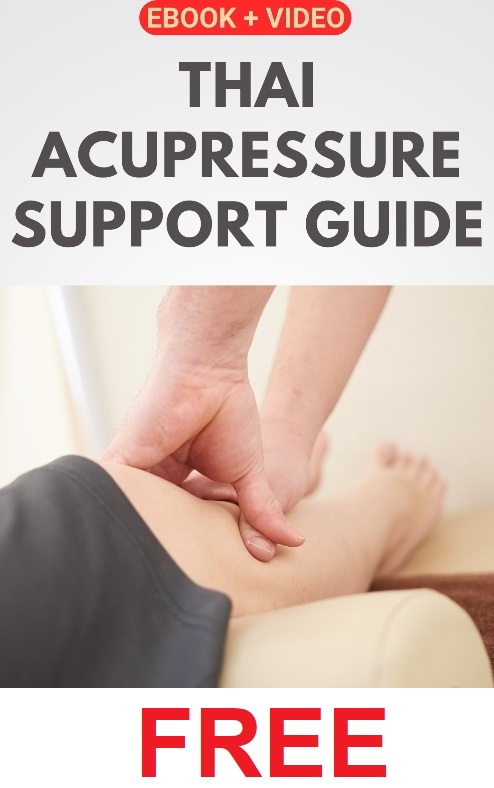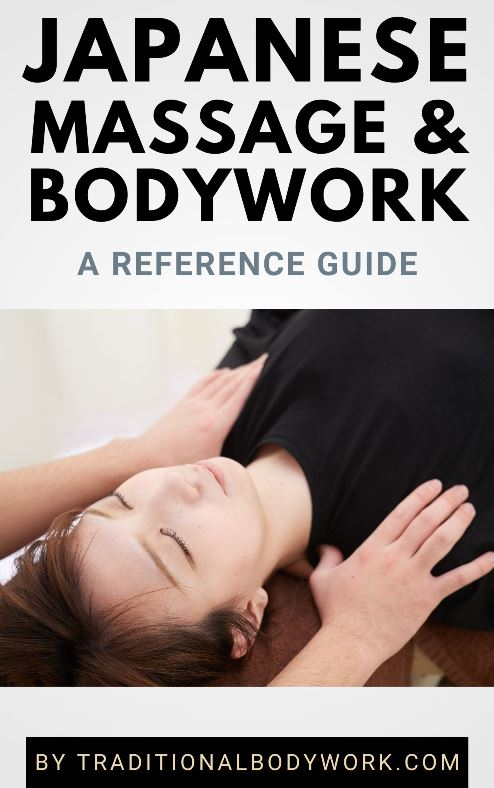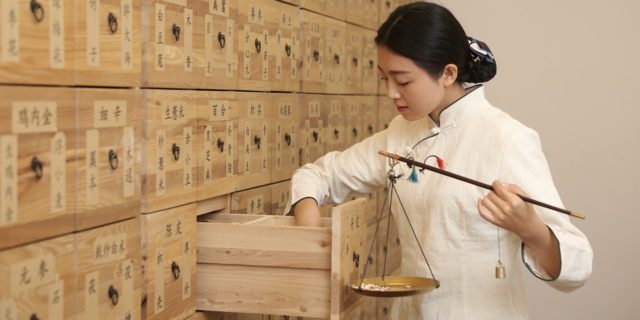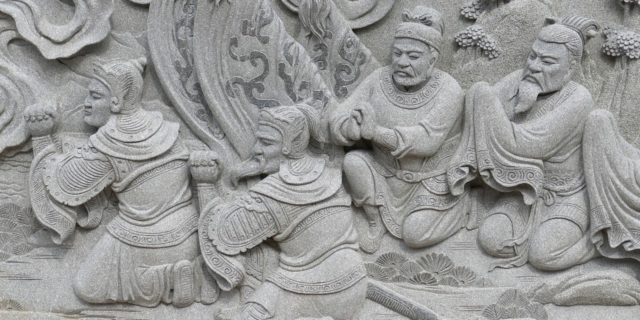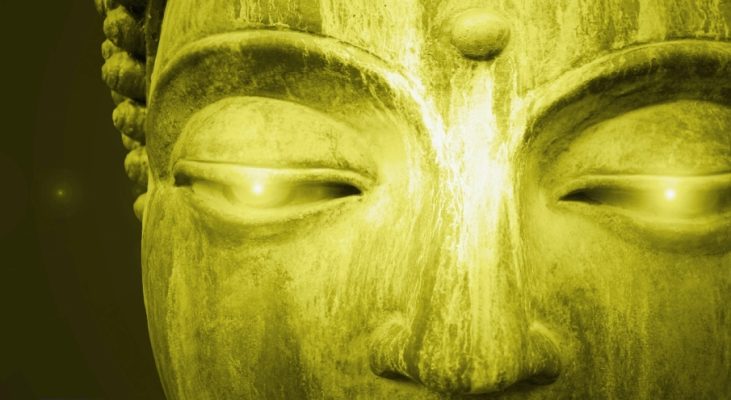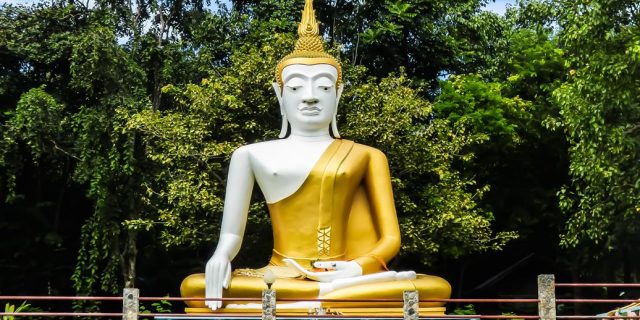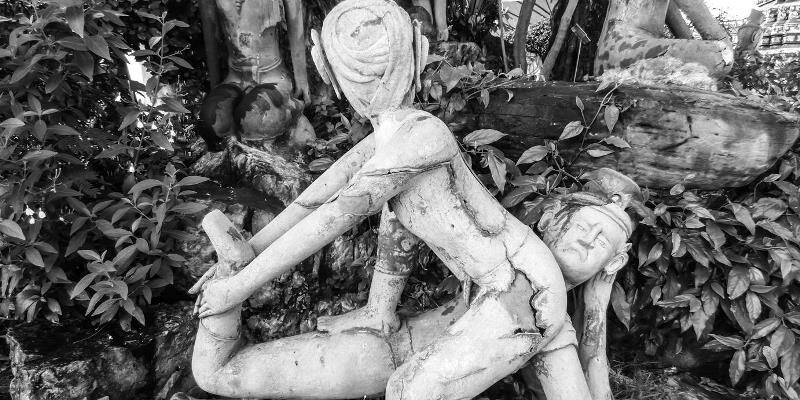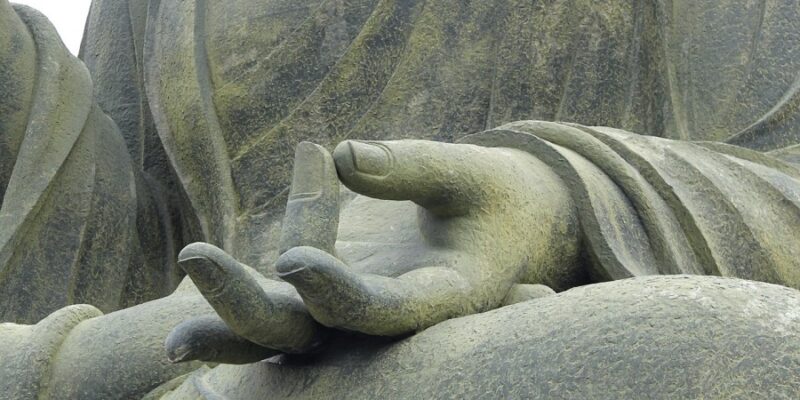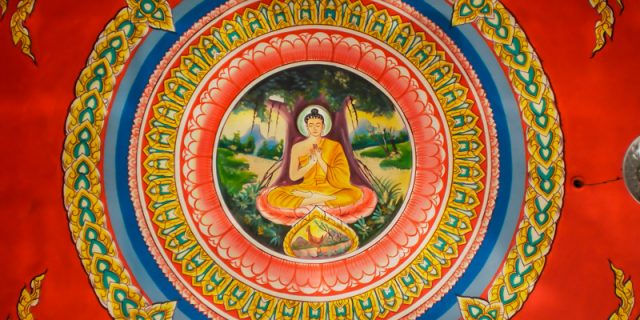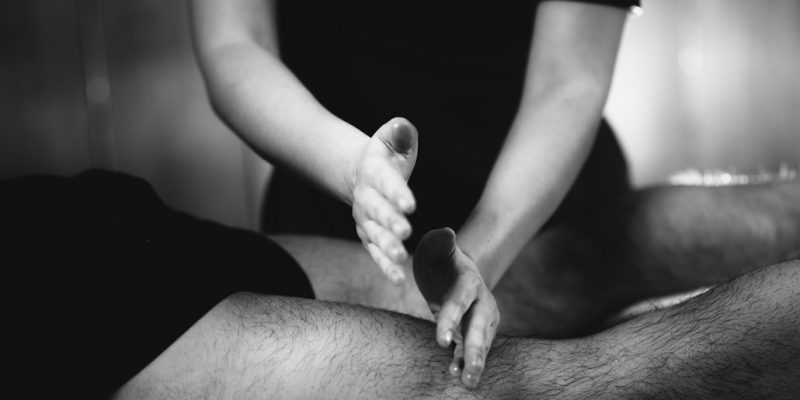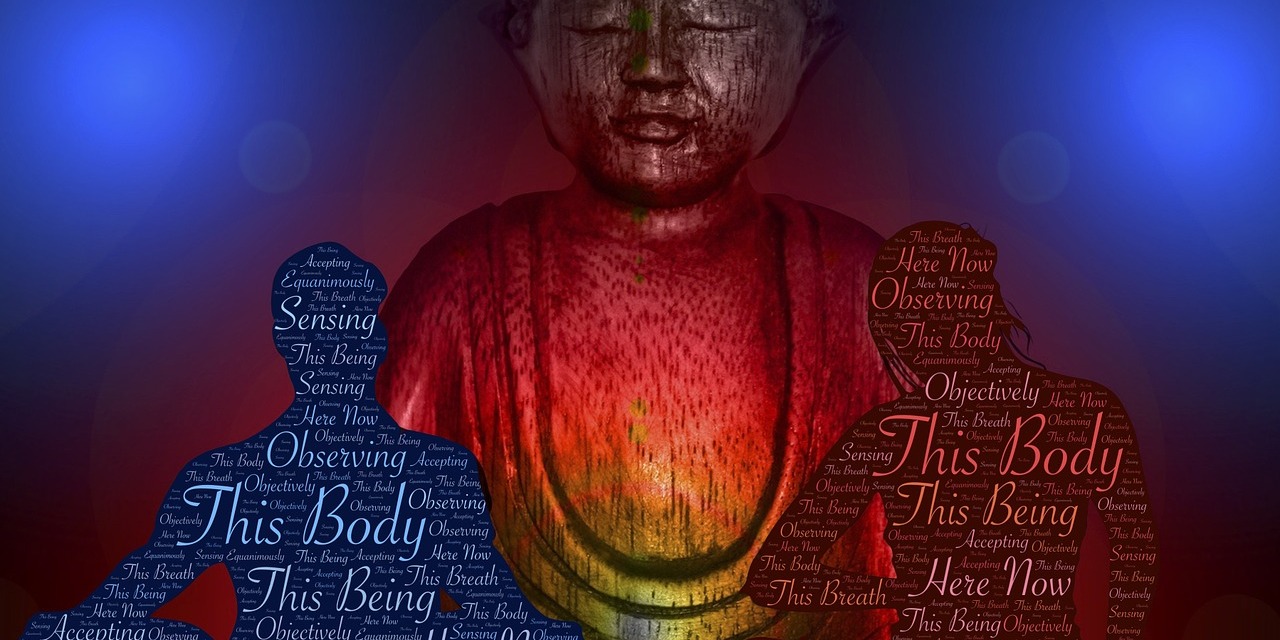
In addition to, for instance, Taoism and Confucianism, Buddhism had and still has a profound influence on Chinese society and Traditional Chinese Medicine (TCM).
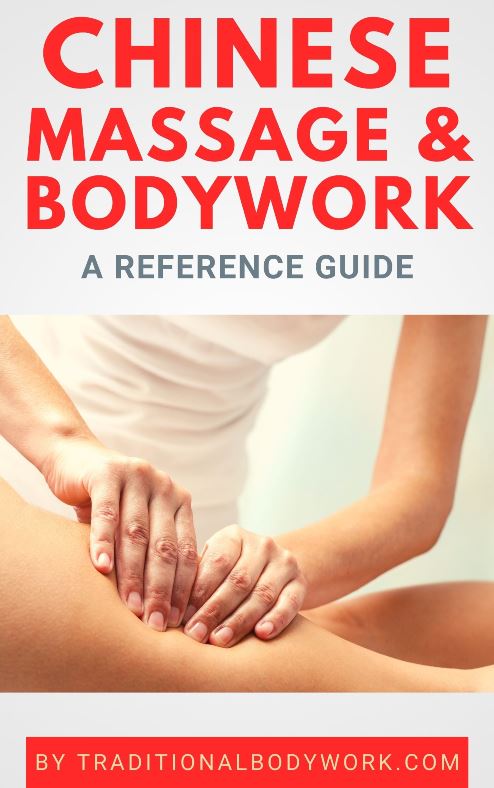
The Buddhist religion and philosophy entered China in the first two centuries CE and gradually blended with Taoist and Confucian practices. In China, Buddhism got its own flavor becoming so-called Mahayana Buddhism (as opposed to Theravada Buddhism), which later branched in additional Buddhist lineages, such as Zen Buddhism (Chan Buddhism). Today, Buddhism is the most important religion in China.
Buddhist meditation techniques, such as Vipassana Meditation, Samatha Meditation, and Metta Meditation, are among the practices that blended into TCM. Meditation is seen as preventive but also as curative medicine and it naturally fitted into medical practices. Quieting the mind and practicing breath control is considered a therapeutic practice to obtain spiritual uplifting, health, and longevity.
Moreover, the Buddhist approach to health takes the position that mental wellbeing is a precondition for physical health, sometimes even to the extreme of claiming that illness is a mental construct. In any case, recognizing that the mind (thoughts and emotions) plays a major role in influencing, maintaining, or regaining physical health is likewise one of the key principals in TCM.
Another interesting similarity between Buddhism and TCM is the way health and disease are seen: in Buddhism it’s said that peace of mind and spiritual enlightenment cannot be “acquired.” Peace and Self-Realization are always there already, there are only obstacles that need to be removed to see it. The same goes for health, which cannot be “obtained.” Health cannot be experienced, only disease and illness. Thus, by removing barriers and blockages (which are in fact the illness) Qi Life Energy flows unobstructed, disease disappears and health is restored.
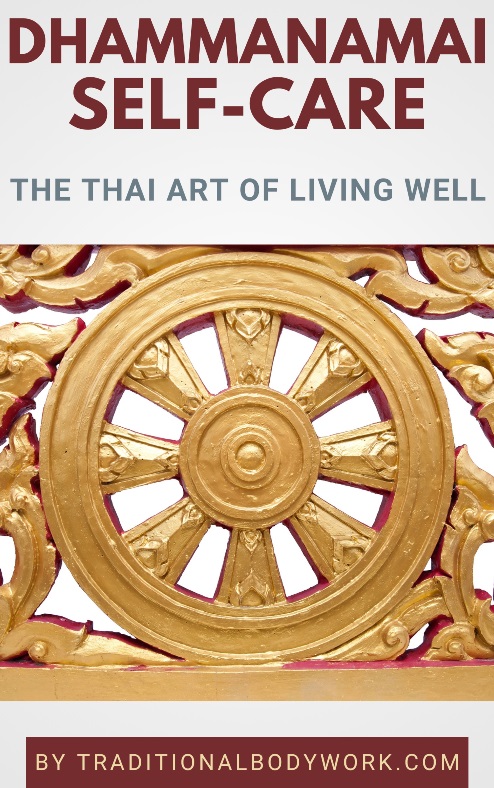
Additionally, the Buddhist Middle Way blended in seamlessly with the ancient concept of Yin-Yang balance in Chinese philosophy. The Buddha advocated the middle way of moderation, finding balance between the extremes of sensual indulgence and self-mortification. Maintaining balance is considered crucial to attaining physical and mental health, liberation and finally spiritual enlightenment.
Buddhism and TCM also converge when it comes to moderation of diet and lifestyle, which is thought to significantly contribute to one’s physical and mental health. Appropriate food to maintain and regain health and the application of herbal medicine play an important role in both TCM and Buddhism.
In fact, to quite some degree TCM can be considered a form of Buddhist Medicine, a phenomenon that has spread through Southeast Asia with the advent of Buddhism in the region. An important pointer to the importance of Buddhism in TCM can be found in the Chinese Jivaka Sutras in which it’s written that Jivaka Komarabhacca, the herbal doctor and personal physician of the Buddha and a devout Buddhist himself, was the “Medicine King,” being born with acupuncture needles and herbs in his hand.


